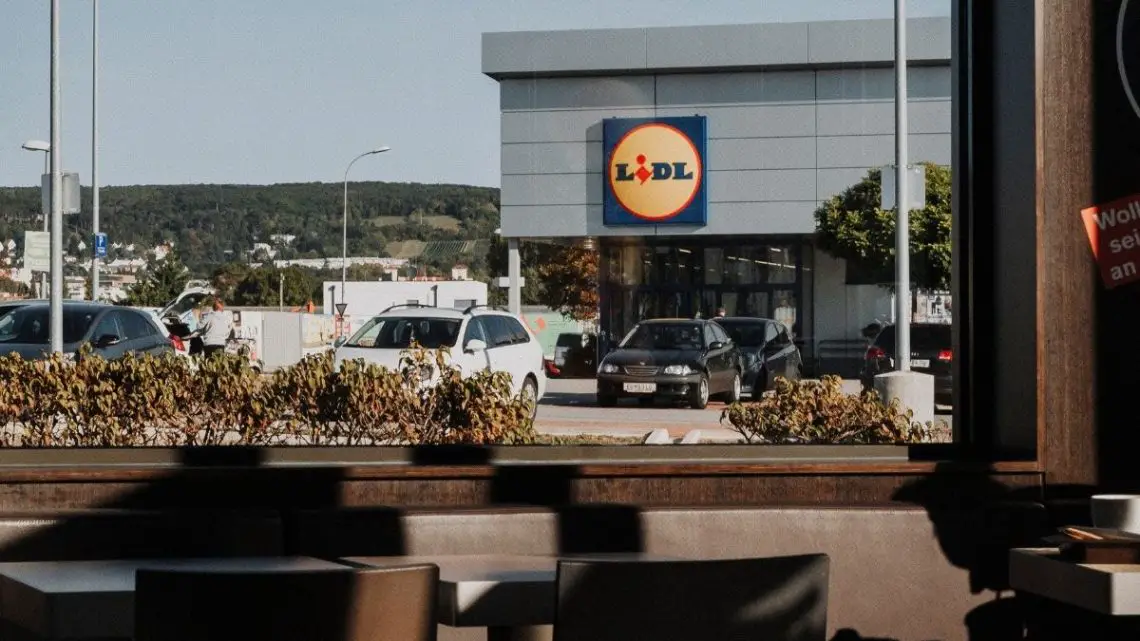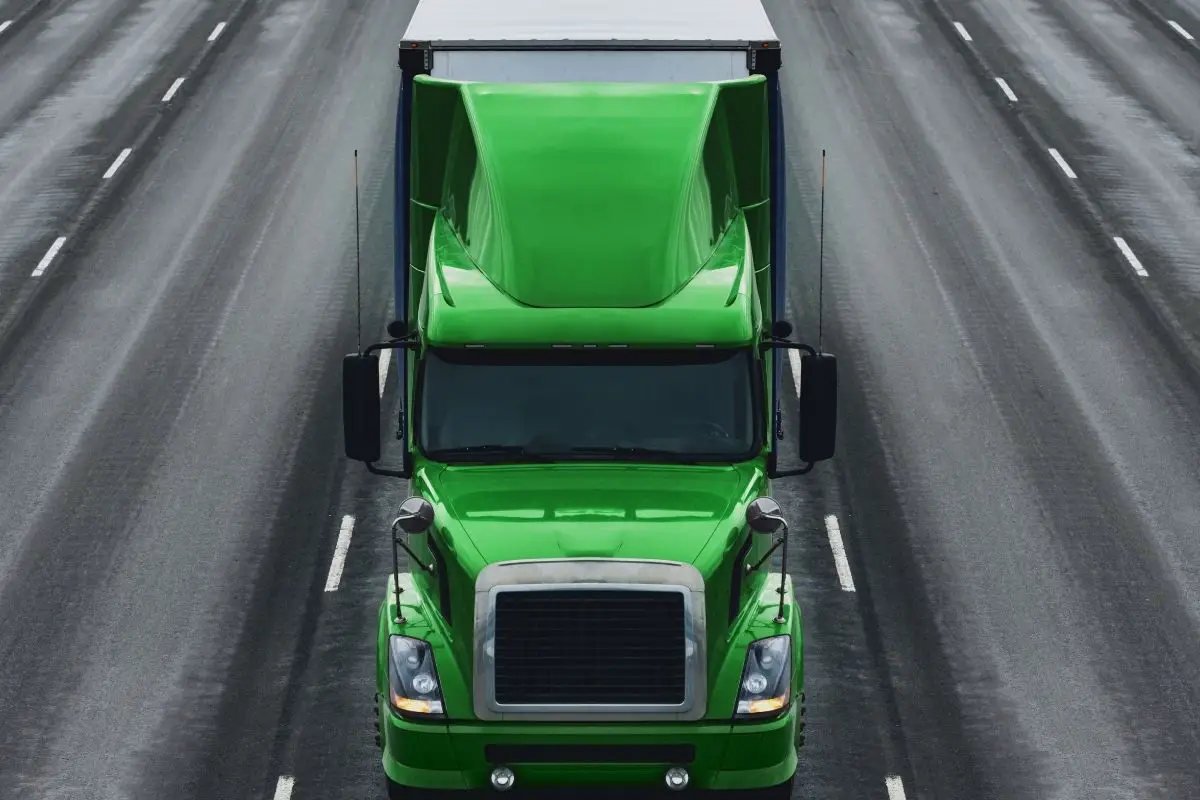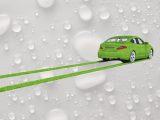
Lidl supermarket chain dumps battery electrics for hydrogen fuel cell fleet
April 6, 2022The German discount retailer is switching its entire electric vehicle fleet in favor of H2 power.
Lidl, a discount supermarket chain from Germany, has announced that it is switching out its entire fleet of electric vehicles in favor of a hydrogen fuel cell fleet and logistics hub.
This will make the retailer the first company to make this type of a move in Europe.
Lidl has already been using green hydrogen fuel cell forklifts, of which it has about 100 in its Carquefou, Western France logistics center. Those forklifts represent about 80 percent of its total fleet. The remainder are expected to transition to H2 before the close of 2021. The center will be supplied with a daily 75 kilograms of renewable H2.
The green hydrogen that the vehicles will use will be produced about 75 kilometers away from the center. It will be produced by Lhyfe through a process powered by wind energy.

Lidl explained its decision by saying that hydrogen fuel cells refuel substantially faster than battery recharging.
“The refuelling time for a hydrogen vehicle is only 2 to 3 minutes compared to several hours for a lead-acid battery,” said a press release issued by the company. It explained that H2-powered vehicles are available approximately 97 percent of the time.
Comparatively, lead-acid technology vehicles are available about 50 percent of the time. It also added that fuel cell vehicles don’t need to refuel nearly as much and, therefore, also don’t need as many spaces in which to refuel. As a result, it meant that fleet inventories could also be reduced.
Lidl is also considering converting part of its delivery truck fleet into green hydrogen fuel cell vehicles.
The company is looking into converting the vehicles of its other logistics centers over the medium term. It is also thinking about using the fuel to power part of its fleet of delivery trucks.
This conversion from using battery electric vehicles to choosing H2-powered forklifts instead underscores some of the advantages of the emission-free fuel, particularly in terms of the availability of around-the-clock operation, the need for a smaller fleet and fewer refueling bays than recharging ports.



 With over 15 years of reporting hydrogen news, we are your premier source for the latest updates and insights in hydrogen and renewable energy.
With over 15 years of reporting hydrogen news, we are your premier source for the latest updates and insights in hydrogen and renewable energy.
Polymer water filtration leaching mic isocyanate will make for a toxic infusion for hydrogen fuel isocyanate toxins will damage the atmosphere with toxic afterburn reasearch isocyanate is covid19.
Thank you for sharing the news about H2 Power. I am very keen that this technology is made available to the world as early as possible especially to reduce the pollution caused by fossil fuels.
I wish I had an H2 electric car and I wish I had sufficient H2 gas stations on my neighborhood and major highways. I wish also my house was primarily powered with H2 for both electricity and heat.
Sim gostaria que a transição fosse para o hidrogênio.